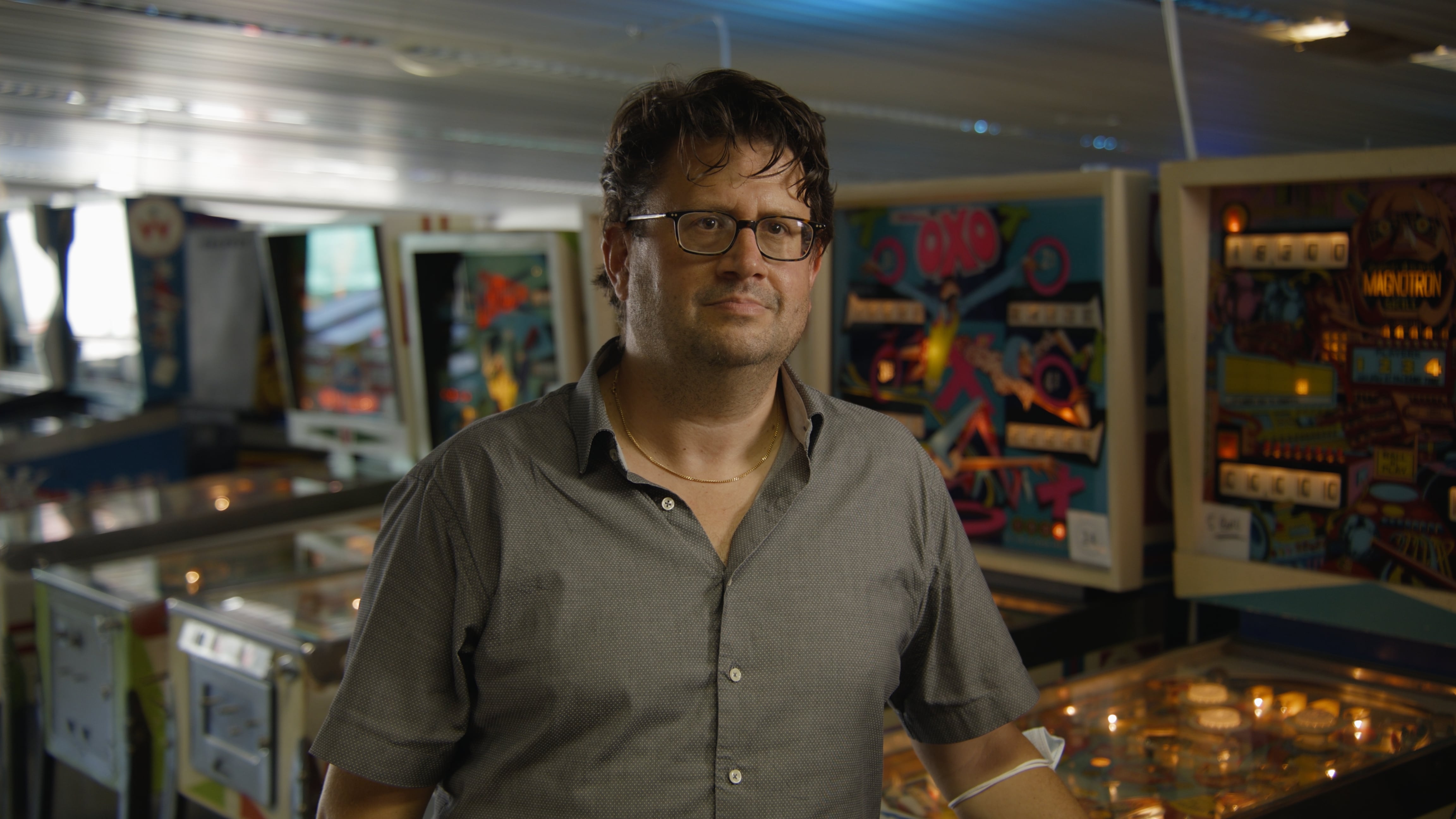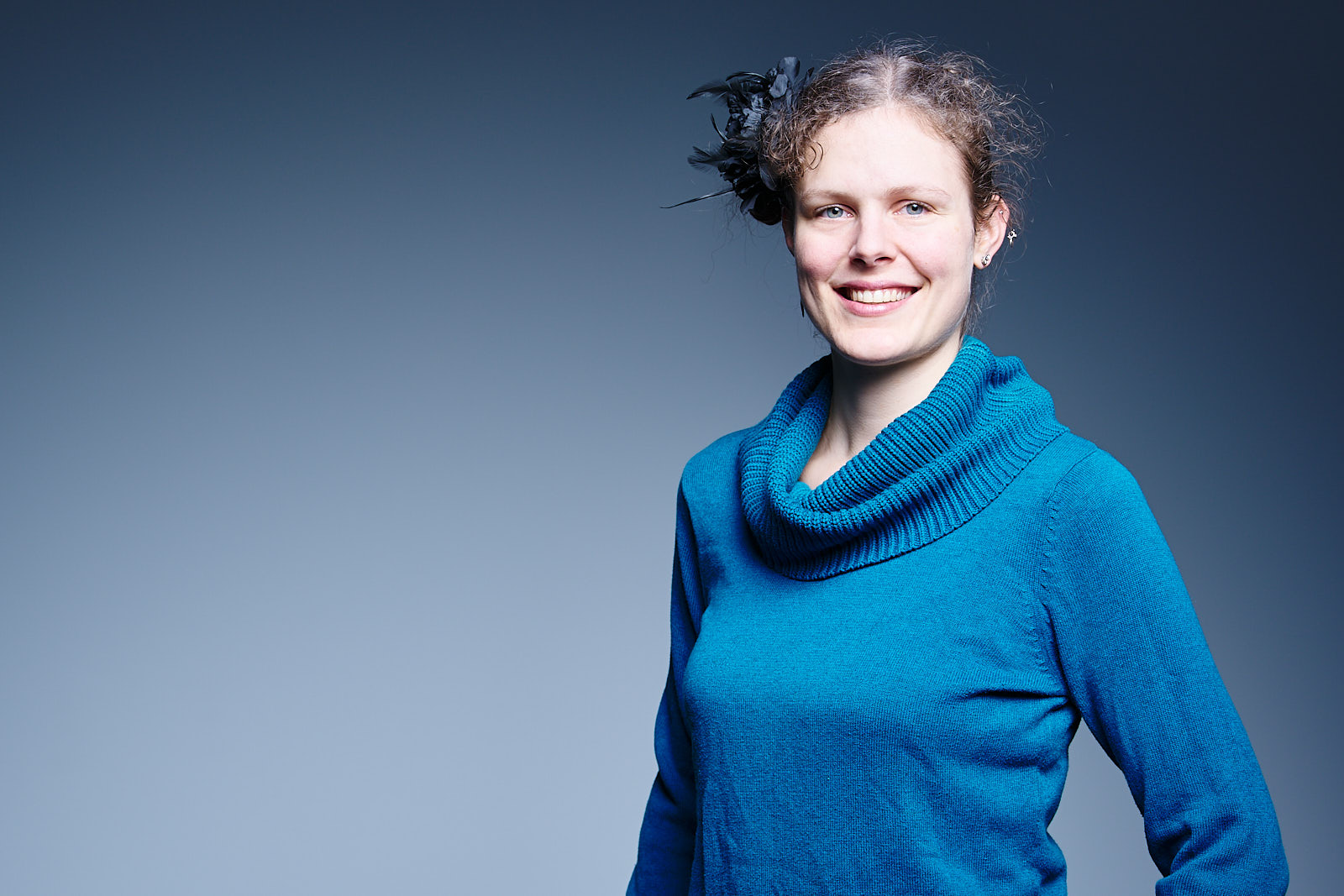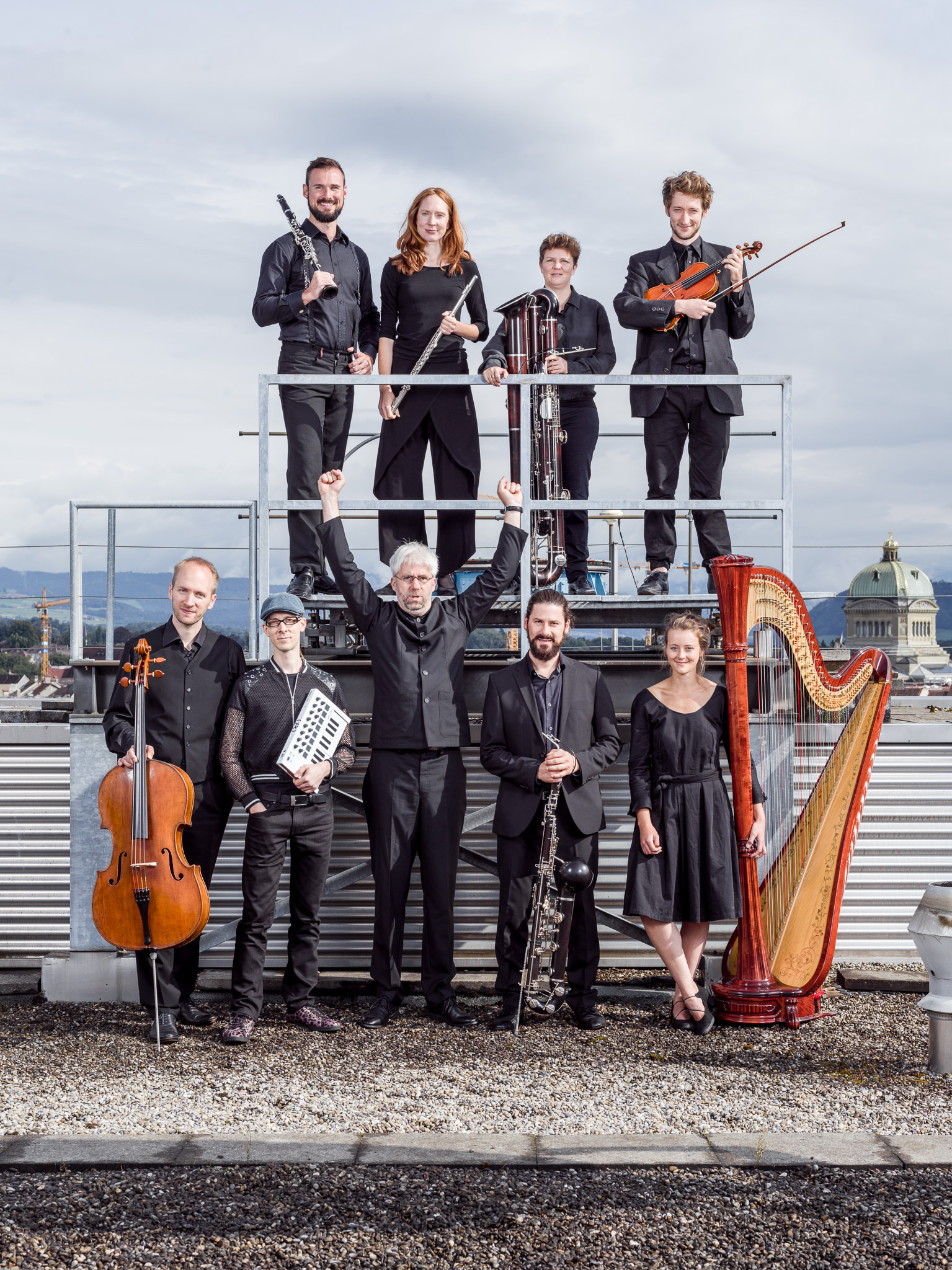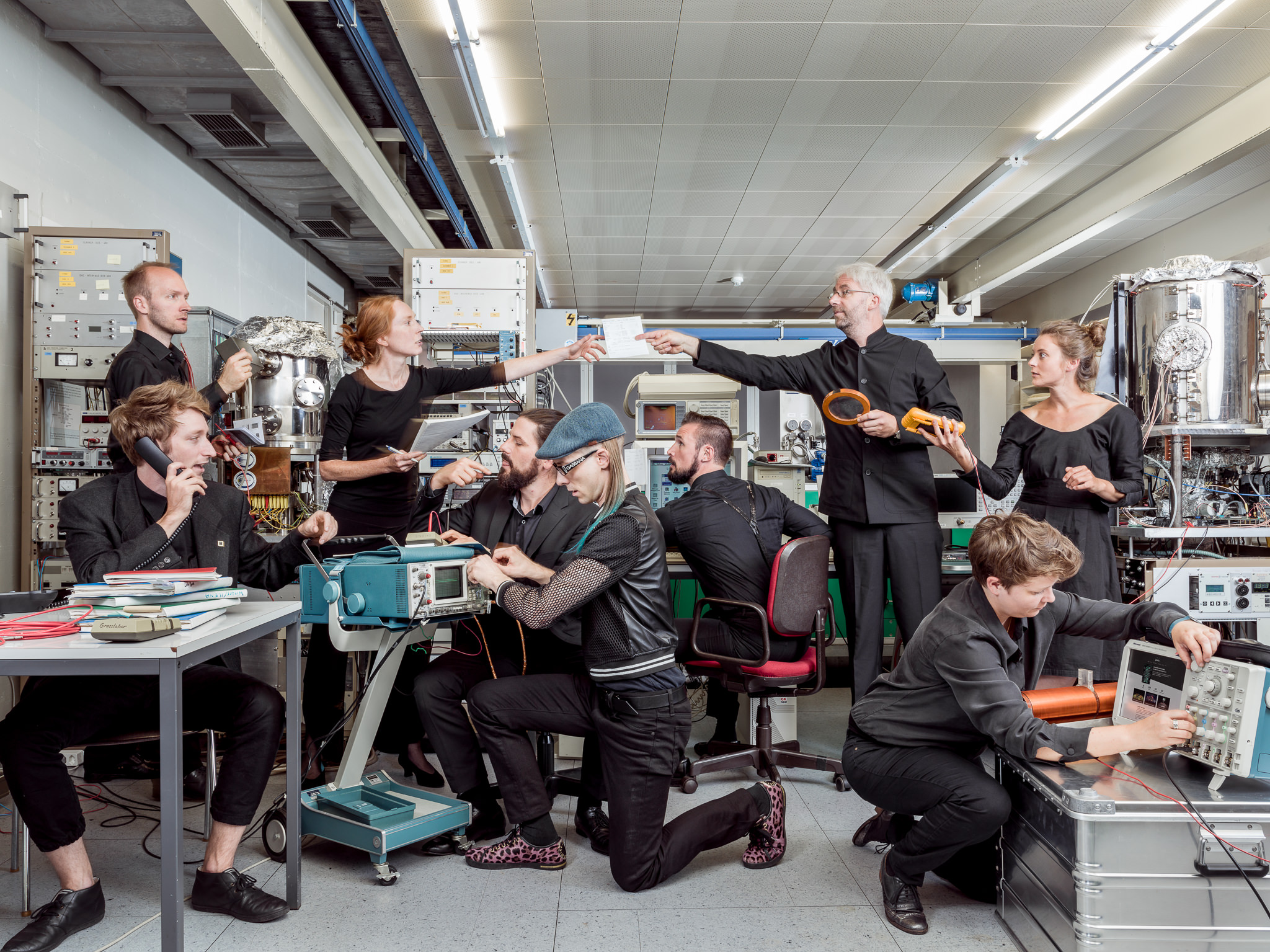Zeiträume Basel, Biennale for New Music and Architecture, is taking place for the fourth time this year. The festival is dedicated to the interweaving of music and space and always features new and unusual venues. Lucerne composer Michel Roth will premiere his new work “Spiel Hölle” on September 18, at Basel’s Flipperclub. Jaronas Scheurer talked to him about the piece as well as the club members’ passion for pinball.

Jaronas Scheurer
Basel’s Zeiträume festival brings new music to unusual places and enables the audiences to make both musical and architectural discoveries. This year, some 20 productions will take place around the theme “Verwandlung” (Transformation), on a disused ship in Basel’s harbour area as well as in a former water filtration plant, but also at the city’s Kaserne- and Flipperclub. The latter is located in an unadorned commercial building of the greater Basel area. When entering the premises one isyou are greeted by over 50 flashing and sounding pinball machines, some of them 60 years old. For this club, Lucerne composer Michel Roth composed “Spiel Hölle”, which will be premiered by the Ensemble Soyuz21 at the Zeiträume Festival.
Rather than on the venue’s architecture, Michel Roth mainly focuses on how the space is enlivened by the club members’ passion for these sounding boxes. What fascinates him is the social space. By approaching one of the many pinball machines, another space opens, according to Roth: “A space behind glass, which is also designed three-dimensionally with insanely elaborate constructions. A narrative space in which one is also told about Star Wars or Star Trek, thereby entering a dialogue, not only mechanically, but also concretely, as the newer machines actually speak to the player and comment on what’s happening during the game.”
Michel Roth: pod for two ensembles and live-electronics (2017), Ensemble Vortex and ensemble proton bern. pod is about musicalized game theory.
Overkill Pinball
In the interview Michel Roth speaks enthusiastically about pinball machines: the way they clatter and flash and sound and loudly invite you to play again. The acoustic dimension of the gaming machines is crucial to his fascination, but isn’t a room crammed with over 50 such boxes an acoustic sensory overload? Of course, that’s where the title “Spiel Hölle” “Gaming Hell” comes from, he states. Because the “overkill”, the sensory overload, is both an aspect of the “real” gambling spaces as well as the composition’s theme and the complex acoustic environment of the pinball machines is precisely the starting point of the piece.
It starts like a normal pinball club evening. After a welcome by the club members, the audience is allowed to have a go at the pinball machines. Imperceptibly, Michel Roth’s music begins to “smuggle” itself into the evening of games and blends into the sound atmosphere, the whole composition being based on these pinball boxes. The instruments, for example, are manipulated with components from the machines: the saxophone is filled with pinballs, the drummer plays on springs that catapult the balls into the box. The musicians do not play to a fixed score, but react and interact to what is happening around them, so exactly like the ball in the box, the composition can take one direction or another.
Commentary and confrontation
Michel Roth’s “Spiel Hölle” is thus derived entirely from the “real” gaming hell of the pinball club, but over time, the musical events emancipate themselves more and more from the clinking and tinkling of the machines and begin to comment ironically or confront.
Michel Roth, Die Zunge des Gletschers for voice and contrabass (UA 2017), Aleksander Gabrys : Michel Roth piece treats the influence of game and coincidence on composition.
Michel Roth’s hope is to “bring to a boil the often very dark narration of the individual boxes and the collective vibration of this gambling hell” through his composition. Even though this year’s theme “transformation” wasn’t Roth main focus while composing “Spiel Hölle”, he hopes for a transformation in the audience, so that a “we are all actually inside a big pinball box” effect might arise.
In “Spiel Hölle” Michel Roth and his musicians Sascha Armbruster (saxophone), Mats Scheidegger (electric guitar), Philipp Meier (keyboards and synthesizer), Jeanne Larrouturou (drums) and Isaï Angst (electronics) embark on a humorous and fascinating exploration of what is hidden in an unadorned commercial space on the outskirts of Basel: each one of the 50 blinking, sounding and clattering boxes contains its own game world full of endless possibilities. Michel Roth’s “Spiel Hölle” thus fits in very well into the Zeiträume festival: it opens up a complex network of acoustic and narrative spaces in which the audience can lose itself until “game over”.
Jaronas
Scheurer
ZeitRäume Basel – Biennale for New Music and Architecture, will take place from September 9 to 19, 2021 in various locations and public spaces in the city of Basel, with numerous world premieres by (among others) Barblina Meierhans, with “Script” in the reading room of the Basel University Library (17.9.), “Niemandsland“, spatial immersion by Dimitri de Perrot at Kaserne Basel (10.-12.9.), or the opera “Poppaea” by Michael Hersch and Stephanie Fleischmann at Don Bosco (in cooperation with WienModern 10./12.9.).
Michel Roth’s “Spiel Hölle” will be performed four times on September 18 and 19 at the Flipperclub Basel, premiere is on September 18, at 16h.
In the festival’s pavilion on the Mittlere Brücke, live performances, sound installations, cocktails and SUISA talks or participatory activities will put you in the right mood for the festival from September 4th onwards.
Three installations will open their doors before the festival’s official kick-off: 7.9., 18h, Jannik Giger “Blind audition“, 8.9., 19h, Cathy van Eck “Der Klang von Birsfelden” and on the ship “Gannet” on 9.9. at 11h “Phase 4” a collectively developed multidisciplinary walk-in sound space in the ship’s belly.
Dimitri de Perrot, Stephanie Fleischmann, Michael Hersch, Sascha Armbruster, Isaï Angst
broadcasts SRF 2 Kultur:
Musik unserer Zeit, 29.9.2021, Reportage Barblina Meierhans: Skript, autor Benjamin Herzog
Neo-profiles: Michel Roth, soyuz21, Zeiträume Basel, Barblina Meierhans, Cathy van Eck, , Philipp Meier, Jeanne Larrouturou, Mats Scheidegger, Aleksander Gabrys, Ensemble Vortex, ensemble proton bern




